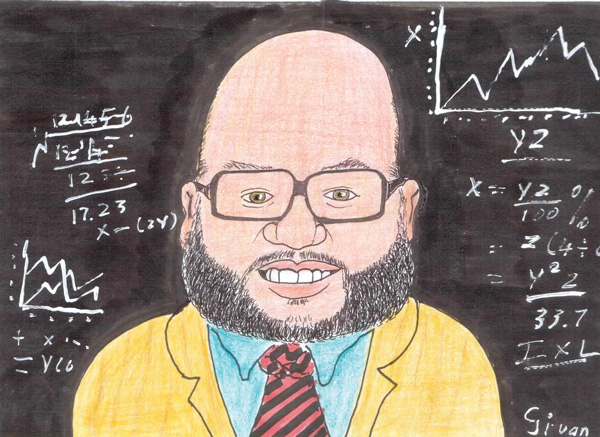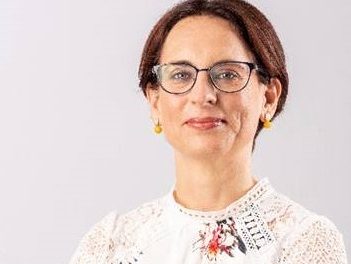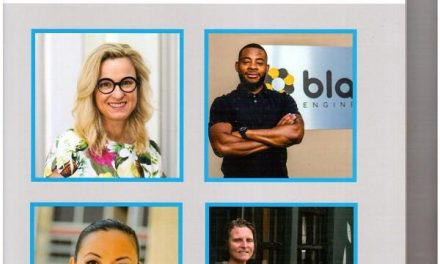
Getting to better ideas – Finding good problems is not that easy

By Rikus Grobler, www.nis.co.na, [email protected].
In the previous deliveries I have made the case that innovation is about doing and not only talking about it, and that it is better to start small and keep the momentum going, and then I touched on how to deal with a lot of ideas coming in. When organisations start up a high-performing idea system, there is often an early surge of ideas directed at problems that have been bothering people for a long time. But after all the obvious problems have been addressed, employees start to run out of ideas. The remedy is training – training people on how to be sensitive to new types of problems and how to generate creative solutions for problems and opportunities.
I have been obsessed with creativity or creative thinking for a very long time now. So, in the effort of improving my own creative thinking abilities, I have read all the books, done a number of courses and researched the phenomenon of creativity in depth. Through my journey over the years I have learned a thing or two about creative thinking and I want to share with you my personal learnings and opinions about improving creative thinking abilities. Hence it is not theoretical lessons from some book I am sharing here, it is blood, sweat and tears from my own experience in my quest to become better at generating creative ideas.
Creative thinking
So I have made it clear that I am extremely interested in creativity and I have made it my life’s work. I truly believe that great ideas can change the world and the business or person with the best idea wins! If you are truly interested in creative thinking, the undisputed subject-matter expert is Dr Edward de Bono. There are other experts as well, but I would start with de Bono’s work.
Sharing my own experience. Firstly, I have realized the following key “truths” over the years concerning creativity: 1. All people are creative in some manner. Apparently Einstein said: “Everybody is a genius. But if you judge a fish by its ability to climb a tree, it will live its whole life believing that it is stupid”. If it really was Einstein who said it, I don’t know, but the quote has merits. 2. Yes, some people are more creative than others – for whatever reason. 3. Creativity is a “skill” that you can grow and get better in (de Bono also “preaches” this). 4. Coming up with creative ideas is a team sport. The myth of the loan genius coming up with a flash of brilliance has been busted by researchers, thought leaders and creativity gurus. Get a diverse group of people together and give them a problem to solve and see how the sparks fly. Two brains are truly better than one.
Improving creative thinking ability takes a conscientious effort, there is no “quick fix”, but following is a few pointers on how you can improve creativity or creative thinking based on my own experience: There are many proven tools and techniques for coming up with creative ideas, but even before applying these you have to realize that creativity is firstly an attitude, you have to believe that you CAN be or become more creative, and secondly, you have to work at it. Creative people work hard and continually to improve the creative process and their ideas and solutions. Don’t try to get “the best” or a “perfect” idea. Contrary to the myth surrounding creativity, very, very few works of creative excellence are produced with a single stroke of brilliance or in a frenzy of rapid activity, most of the time it came by trial and error and by staying with problems longer and tinkering with ideas.
Also, you have to find good problems to come up with good ideas. Find a good problem and the ideas will come. The paradox is that finding good problems is also a form of creative thinking. Most important, try things. I realized I was thinking too much about creative thinking, so I started reading and studying less and started doing more – i.e. generating ideas. No idea starts out perfectly, you have to start somewhere and then tinker and change the idea as it progresses and grows. I always say: “Ideas lead to action and action lead to more and better ideas”.
I also learned that incubation is real and it works. It is difficult to come up with an idea or a solution for a complex problem on the fly. Park it in your subconscious mind and leave it there for a couple of days – I don’t know how it works, but my best ideas have come after I let the question or problem “simmer” for a couple of days.
Lastly, if you don’t know where to start, the best advice I can give you to become more creative is this – be curious and ask a lot of questions. Follow your curiosity and the ideas will come!
Next Time
I can talk about this topic forever and a day, so I will devote the next article to this topic as well. It is only fitting to conclude with a quote from Dr de Bono: “There is no doubt that creativity is the most important human resource of all. Without creativity, there would be no progress, and we would be forever repeating the same patterns.”












































